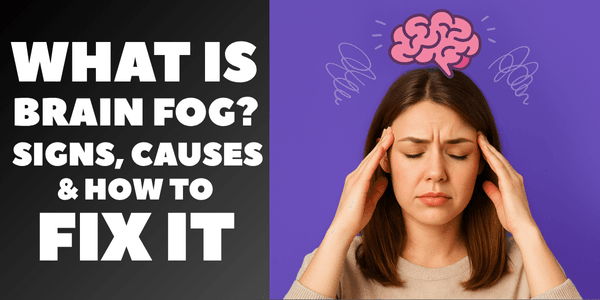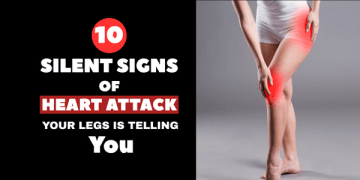Last Updated on June 19, 2025 by Lauretta Iyamu, PharmD
The kidneys are two bean-shaped organs found in your body. They are located on either side of your spine, below your ribs, and behind your stomach. Each kidney is about 4 to 5 inches long. Your kidney controls the volume of various body fluids, compartments, fluid, and electrolyte concentrations, as well as the removal of toxins in your body. If blood stops flowing into your kidney, it could cause a part or all of it to die. This can result in kidney failure. Here are 10 early signs of kidney problems you should know.
Signs of Kidney Problems
1. Trouble Sleeping
You may experience difficulty or trouble sleeping if your kidneys are not working correctly.
This can be due to an increased level of toxins in the blood because they cannot be eliminated from your body through urine.
Several studies have shown that people with chronic kidney disease more commonly suffer from sleep difficulty, also known as sleep apnea.
Sleep apnea is a severe disorder in which breathing repeatedly stops and starts.
You should see a doctor immediately if you have continuous heavy snoring signals.
2. Headaches, weakness, and fatigue
A vital role of the kidney is to convert vitamin D in your body to maintain strong bones and produce erythropoietin.
Erythropoietin is a hormone that helps your body produce red blood cells.
If your kidneys are not working well, there is a decline in erythropoietin production, thus, a decrease in red blood cells.
A decline in red blood cells results in rapid fatigue of your muscles and brain.
3. Dry and itchy skin
Itchy skin signals a problem with your kidney. Your kidneys significantly function by eliminating waste and extra fluid from the blood, helping produce waste and excess fluids from the blood, helping make red blood cells, and maintaining an adequate amount of minerals in your body.
4. Bad breath and metallic taste
Having bad breath is one of the signs of kidney problems, indicating too many toxins in your bloodstream.
An accumulation of these wastes in your blood results in a change of taste or a metallic taste in your mouth.
This symptom could lead to appetite loss and unhealthy weight loss.
5. Shortness of breath
Two factors cause the relationship between kidney disease and shortness of breath; Due to extra fluid in the body moving into the lungs when the kidney is not working correctly.
Due to anemia. Anemia deprives your body of oxygen, which can lead to shortness of breath.
6. Swelling in ankles, hands, and feet
When your kidneys fail to perform correctly, they do not remove any extra fluid from your body. This results in the retention of sodium which causes swelling in your ankles, hands, and feet. Swelling in your lower body regions is also a sign of chronic diseases such as heart, liver, or leg vein diseases.
However, some medications, such as diuretics, can help remove excess fluid in your body and reduce swelling.
You should consult your doctor if you experience these signs in your body for immediate clinical evaluation.
7. Back pain
Back pain can be associated with kidney failure. The pain is usually deep and located just below the rib cage. You may also feel pains in front of your groin or hip regions.
Other symptoms that often accompany back pain due to kidney failure include; high fever, feeling sick, nausea, and frequent urination.
Make sure you see your doctor if you have frequent episodes of back pain.
8. Puffy eyes
Protein in your urine is an early sign that your kidney is not functioning well.
This can result in puffiness around the eye area. If you have adequate rest and protein but continue to see puffiness around your eye, ensure you see a doctor for a check-up.
9. High blood pressure
Do you know that high blood pressure is the second leading cause of kidney failure?
Your kidney comprises nephrons that filter waste and extra fluids from your blood. However, once the blood vessels are damaged, the nephron that filters your blood does not receive enough oxygen and nutrients.
10. Change in urination
The role of the kidneys is to produce urine and eliminate waste through it.
If there is a kidney problem, you may experience changes in your urine.
Don’t hesitate to seek urgent medical attention if you observe the following changes in your urine.
- Frothing urine
- Blood in the urine
- Increased need to urinate, especially at night.







































